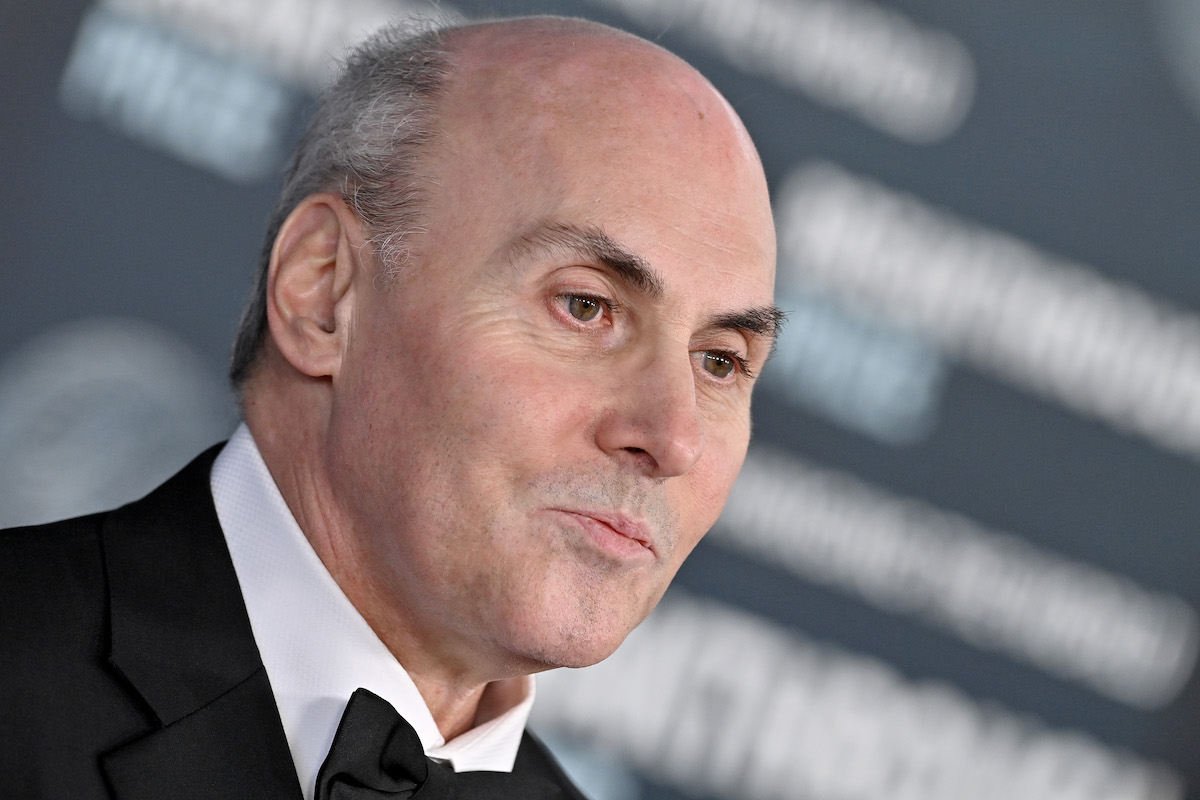Your child winning the Nobel prize is kind of a stereotypical Jewish parent’s (and let’s face it, every parent’s) dream. Yet for the parents of Jewish immunologist Drew Weissman and his research partner Katalin Kariko, that dream became a reality this week when the two research partners who created the technology that gave us the mRNA vaccines against COVID-19 won the Nobel prize for medicine.
“Through their groundbreaking findings, which have fundamentally changed our understanding of how mRNA interacts with our immune system, the laureates contributed to the unprecedented rate of vaccine development during one of the greatest threats to human health in modern times,” read the Nobel Prize’s announcement of the award.
In a video shared by University of Pennsylvania’s Perelman School of Medicine, where Weissman works and made his award-winning and world-altering discovery back in 2005, you can see how the researcher announced the news to his Italian mother and Jewish dad, and their reaction is the very definition of kvelling — the Yiddish term for bursting with pride — personified.
Weissman is seen sitting on a couch with his wife, Mary Ellen, as he calls his parents. His eldest daughter, Rachel Weissman, is also on the line.
“Hi, it’s your son,” he tells them, to which his mother funnily responds with a “no kidding” and then lovingly asks, “How’re you doing honey?”
After making sure his father is on the line, Weissman gets straight to the point. “I have some news,” he tells his family. “I won the Nobel prize.” You can see Weissman himself holding back tears as he’s talking to his parents, and Mary Ellen’s eyes also look suspiciously misty.
His mother right away erupts with emotions, with repeated “oh my God” and “that’s fabulous.” His father interjects with a shy and verklempt “oh, congratulations,” while his effusive mother exclaims that she’s “ready to fall on the floor,” and admonishes him for telling her and his father that winning the Nobel prize would never happen to him. And of course, she adds an extra brag: “And so young!” (Weissman is 64.)
While his invention saved so many lives, and his Nobel prize is incredible, Drew’s mom also reminds him of what’s most important: “You are the product of our hearts,” she lovingly tells him, adding, “congratulations, you deserve it.”
The line “you are the product of our hearts” should truly be in every mother’s arsenal. This video has certainly won our hearts.
Weissman was raised celebrating the Jewish holidays, and still does. His daughters went to Temple Beth Hillel-Beth El in Wynnewood, Pennsylvania. He met Mary Ellen, who grew up in a more religiously observant Jewish household than him, at Brandeis.
He later attended Boston University School of Medicine and in the early ’90s worked in Anthony Fauci’s lab at the National Institute of Allergy and Infectious Diseases. He met Kariko at the University of Pennsylvania, where he was hired as chief of the infectious diseases division. In the copy room, the two realized they were researching similar things — Kariko was studying messenger RNA for possible revolutionary medicinal uses, and Weissman wondered if he could use her studies to help in vaccine development. In 2005, they discovered how mRNA could be modified to increase its therapeutic potential.
When Weissman first told his oldest daughter, Rachel, about his groundbreaking discovery, the then middle school student had one question: Did he name it after their family? When he told her it was named mRNA, she exclaimed, “You did name it after us!” because it had both her mother’s, hers, and her sister’s Allison’s first initial.
Rachel did follow some of her father’s footsteps — she took many of the same science classes as him at Brandeis, and during her senior year at the Boston area university, even welded a sculpture of pseudouridine, the molecule that makes messenger RNA work.
Weissman and Kariko’s discovery was used to develop both the Moderna and Pfizer vaccines. Both Rachel and Mary Ellen volunteered for early vaccine trials, and when news broke out about the vaccine’s effectiveness, Weissman was quick to share it with his parents, and only them, before getting right back to work. When the vaccine was approved by the FDA, Rachel FaceTimed him and said, “Dad, your vaccine. It can go into people.”








